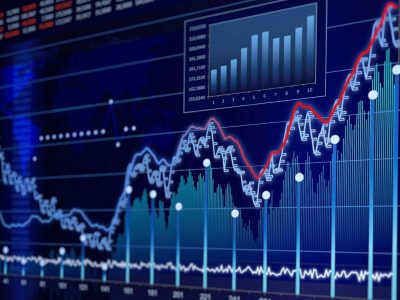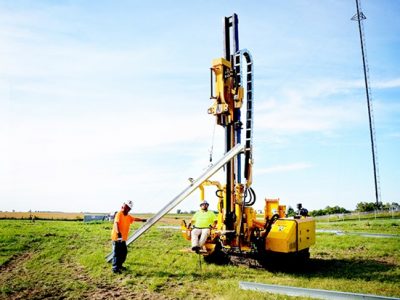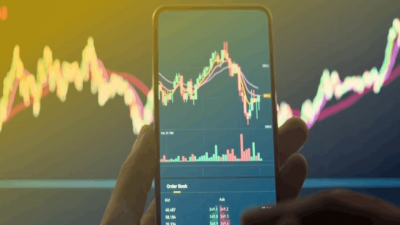An emerging market economy (EME) refers to an economy with low to middle per capita income. It’s also a country whose economy copies that of a developed country but does not fully meet the requirements to be classified as one.
What Makes an Economy an EME?
Countries with different sizes that fall under the emerging market category are usually considered to be “emerging markets” because of their reforms and developments.
So, even if China is one of the world’s economic powerhouses, it still falls under this category, along with other much smaller economies.
Please check out the Wibest Brokers List to get the best brokers
Transitional Economies
EMEs are considered to be “transitional” economies, meaning they are in the process of graduating from a “closed economy” to an open market economy while creating accountability within the system.
As an emerging market, the country is on a journey with economic reform programs. The goal of the program is to make it stronger and perform more responsibly economically. There should also be transparency and efficiency in the capital market.
An EME will also usually reform its exchange rate system because a stable local currency creates confidence in an economy, particularly when foreigners consider investing.
Characteristics of an EME
A key characteristic of an EME is an increase in its foreign and local investment. The growth in investment in a nation usually indicates the country has created confidence in the local economy.
Also, foreign investments mean the world has noticed its market. At the same time, the injection of foreign currency into the local economy adds more volume to the country’s stock market and long-term investment to the infrastructure.
For foreign investors and other more developed economies, an EME offers an outlet for expansion by serving, for instance, as a new venue for a new factory or new source of revenue.
For the local economy, employment increases, labor and managerial skills become better, and sharing and transfer of technologies take place.
Portfolio Investments and Risks
Because their markets are in the state of transition and therefore unstable, emerging markets provide a chance for investors who want to add some risk to their portfolio.
The possibility for some economies to fall back into a not-completely-resolved civil war or a revolution that would put a new government in power could lead to nationalization, expropriation, and the collapse of the capital market.
And because the risks are higher in EMEs compared to investments in developed markets, speculation, panic, and knee-jerk reactions are very typical.
On the other hand, bigger risks mean bigger rewards. Investments in emerging market therefore have become usual practice among investors who want to diversify while adding more risks
Global Economy and Local Politics
An EME must have to weigh local political and social factors as it attempts to open up its economy to the world. The people of an emerging market can sometimes be distrustful of foreign investment.
Further, opening up an emerging market economy indicates it will also be exposed not only to new work ethics and standards but also to brand new cultures.
Visit Wibest Broker Education for more information












Comments